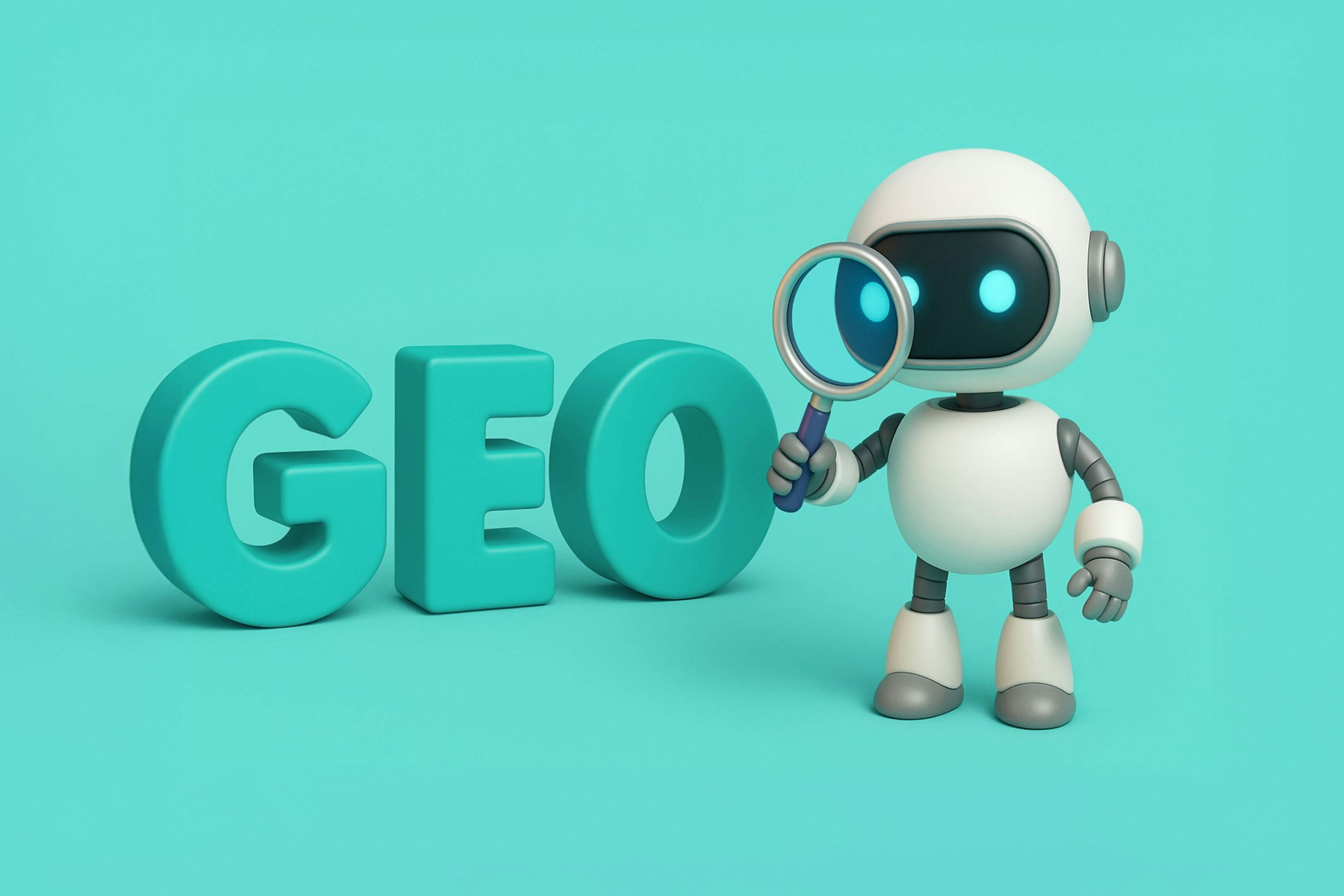The Meltwater Blog
What is Generative Engine Optimization (GEO)? & How to Do It
Read Blog
Latest posts
Generative Engine Optimization (GEO)
What is Answer Engine Optimization (AEO)? The Complete Guide
Read Blog
Digital Marketing & PR Tools
5 Brand Ambassador Platforms Marketing Teams Should Evaluate in 2026
Read Blog
Generative Engine Optimization (GEO)
How to Gain AI Visibility and Reputation Across Customer Touchpoints
Read Blog
Brand Management
Defining Brand Optimization: Strategy, Benefits & Impact
Read Blog
Social Listening
Meltwater Becomes an Official Reddit Data Partner
Read Blog
Influencer Marketing
How to Find Micro Influencers
Read Blog
Generative Engine Optimization (GEO)
How to Report on LLM Visibility: What to Measure & Why
Read Blog
Social Listening
Football’s Big Game 2026 Commercials: How Ad Teasers Scored Big and AI Execution Fumbled
Read Blog
Social Media Marketing
Social Media News: The 5 Biggest Stories of the Week
Read Blog
Social Listening
Football’s Big Game 2026: How Culture and Celebrity Overshadowed Brands
Read Blog
Social Listening
Social Media Statistics for Australia [Updated 2026]
Read Blog
Generative Engine Optimization (GEO)
Monitoring Brand Mentions in ChatGPT: The What, Why, and How
Read Blog
Load More
Discover more topics
Generative Engine Optimization (GEO)
Social Listening
Reputation Management
Brand Management
Competitive Intelligence
Customer Journey
AI & Data Analytics
PR & Communications
Internal Communication
Content Marketing
Influencer Marketing
Marketing
Social Media Management
Social Media Marketing
Digital Marketing & PR Tools
By Network
Facebook Blog
Instagram Blog
LinkedIn Blog
TikTok Blog
X/Twitter Blog
YouTube Blog
Bluesky Blog
Snapchat Blog
Threads Blog
